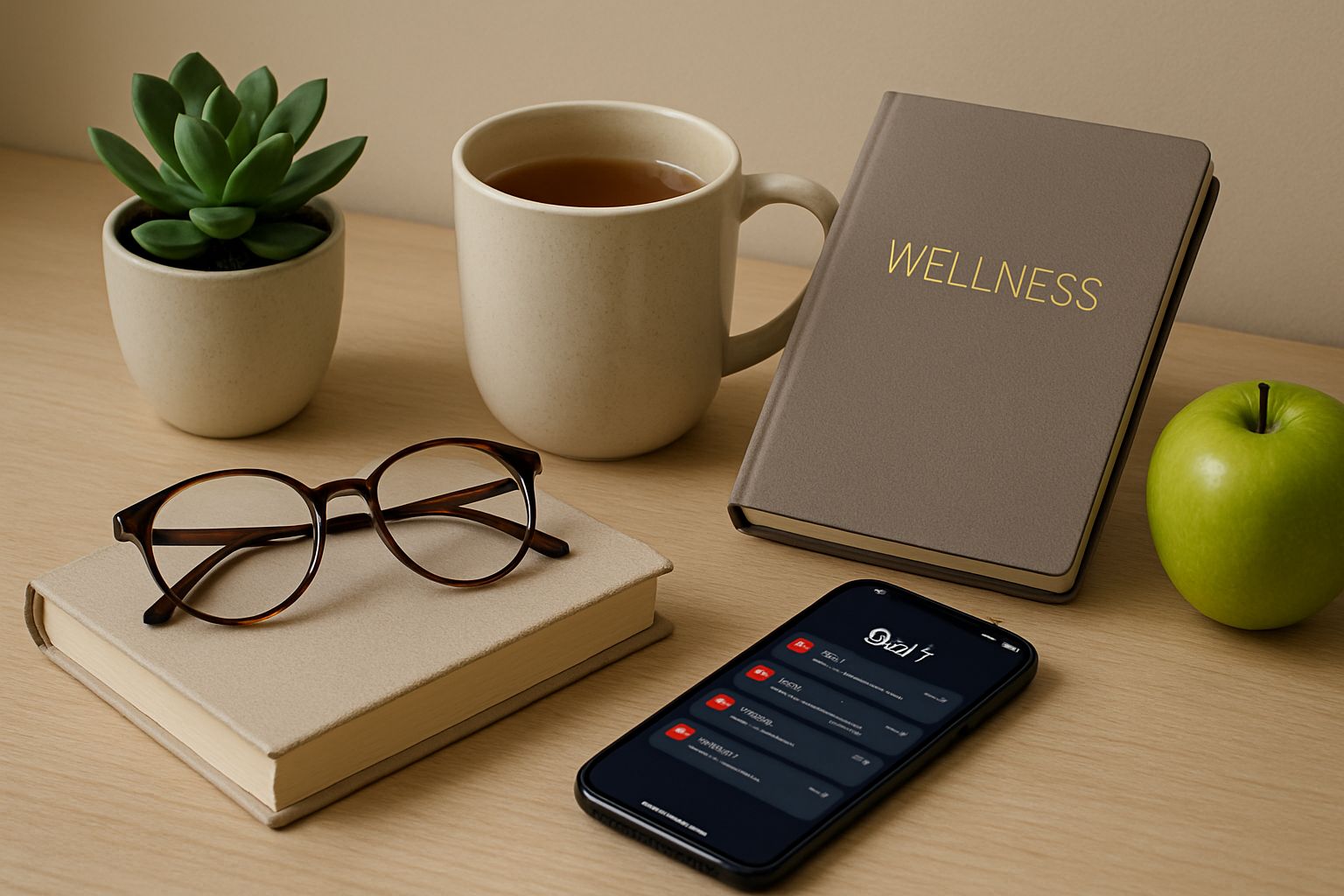
In today’s hyperconnected world, the line between productive tech use and digital exhaustion is getting harder to draw. From work emails to late-night social scrolling, our daily lives are saturated with screens — and it’s quietly taking a toll on our mental wellness.
While digital tools are essential in modern life, growing research suggests that constant connectivity may be undermining how we think, sleep, and feel.
The Mental Load of Being Always Online
We switch between apps, messages, and content at a speed that barely gives our brains time to reset. This constant cognitive load can:
- Increase anxiety and stress levels
- Disrupt natural sleep cycles
- Shorten attention spans
- Leave us feeling more scattered, less fulfilled
Much of it happens in the background. Notifications become background noise. Quick checks become hours lost. The brain, meanwhile, processes this as a state of alertness that rarely shuts off.
How Technology Affects Focus and Mood
When we multitask across tabs or get drawn into infinite scrolling, our brains aren’t just distracted — they’re overstimulated. Studies show this behavior impacts areas tied to emotional regulation and memory retention.
This isn't about demonizing devices, but recognizing how habits shape brain function. Our reward system adapts to the stimulation — meaning it can become harder to concentrate or feel grounded when we're offline.
To learn more about simple nutritional strategies that support mental clarity, explore this resource.
The Social Side of Digital Overload
Social media’s original promise was connection — but it often breeds comparison and anxiety. The curated content we consume daily can subtly skew our self-perception, especially when viewed through a tired or overstimulated lens.
And when we turn to screens to unwind, we often trade true rest for distraction. This cycle — high input, low recovery — can erode mental and emotional wellness over time.
Small Shifts That Make a Big Difference
We don’t need to abandon tech — just use it more intentionally. Here are some low-pressure ways to bring more balance into your day:
- Turn off non-critical notifications
- Create screen-free time blocks (especially before bed)
- Swap out one scroll session a day with something physical or outdoors
- Support your body with clean, plant-based nutrition that helps keep you balanced*
See how we’re approaching holistic wellness from the inside out at Wellness Group.
Or browse plant-powered products designed to complement daily life without overwhelm.
A Healthier Digital Life Starts with Awareness
Digital overload isn’t just about screen time — it’s about energy, attention, and how we feel after using our devices. If you’ve felt more distracted, tense, or tired lately, you’re not alone.
But with small, thoughtful steps — from lifestyle changes to better nutrition — we can move toward a digital life that supports our minds instead of exhausting them.
Here’s another trusted source that explains how gentle, nutrient-dense greens can support balance in overstimulated lifestyles: read more







